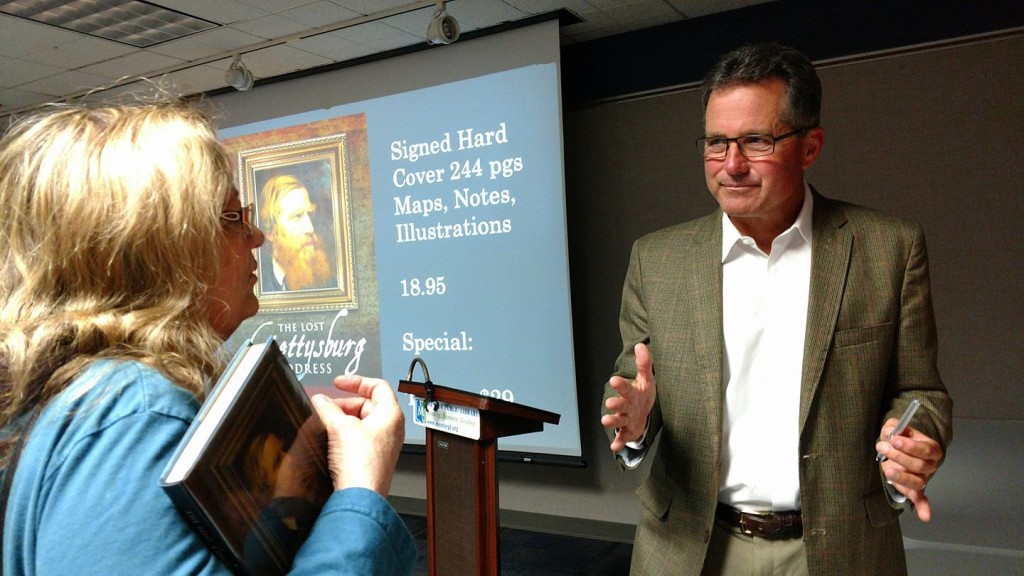Learn ‘How to Speak Midwestern’ with Edward McClelland
Edward McClelland, the author of How to Speak Midwestern, visited our library earlier this month.
If you missed his talk, you can still watch our interview with him. McClelland:
- takes us on a tour of some of the region’s most famous pronunciation tics
- explains what interdental fricatives and monophthongizations are
- discusses how the Northern Cities Vowel Shift has affected our accent
- and tells us how the construction of the Erie Canal changed how we speak.

